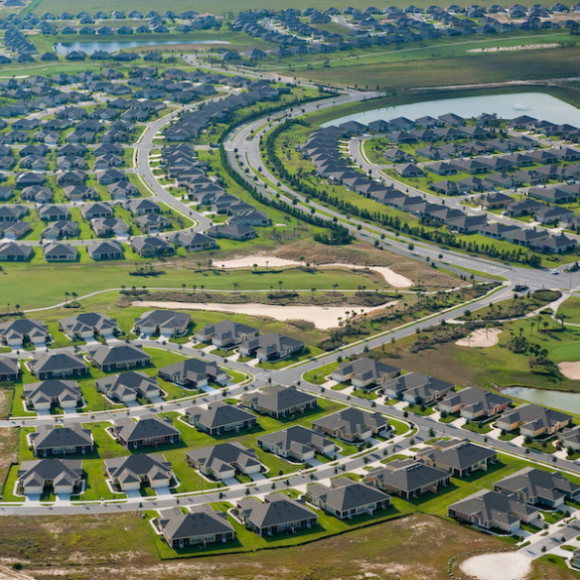
How much does the colour of its roof impact the heat levels inside your home?
The question has again been raised this week following the publication in The Conversation of an article suggesting that if your house has a dark roof, you could be spending almost $700 extra a year to keep it cool.
According to report authors Sebastian Pfautsch (Research Theme Fellow Environment and Sustainability, Western Sydney University) and Riccardo Paolini (Associate Professor, School of Built Environment, UNSW Sydney), the average household in New South Wales paid AU$1,827 in 2023 for electricity.
“But those with a lighter-coloured cool roof can pay up to $694 less due to lower cooling electricity needs”, the article reads.
“Put another way, a dark roof in Sydney drives up your power bill by 38%.
“When suburbs are full of dark coloured roofs, the whole area heats up. This is part of the urban heat island effect. In January 2020, Penrith in Western Sydney was the hottest place on Earth.’”
The NSW government again came under fire this week for allowing huge swathes of new dark-roofed houses to mushroom over parts of Western Sydney. They had been considering changes to building standards but these have been deferred until later this year following pushback from developers.
The South Australian government on the other hand, has now acted on the issue, with housing minister Nick Champion announcing in January this year that dark roofs will be banned from a large new housing development in the north of Adelaide.
According to Pfautsch and Paolini’s research, it costs the same for a light- or dark-coloured roof yet owners of the latter will likely pay substantially higher electricity bills to keep their houses cool for decades.
The research also showed that dark roofs cut how much power you can get from rooftop solar, especially when it’s hot.
This is doubly bad, the authors suggest, as blackouts are more likely during a heatwave.
“We don’t have to swelter”, they conclude. “It’s a choice. Light roofs, light roads and better tree cover would make a real difference.”

